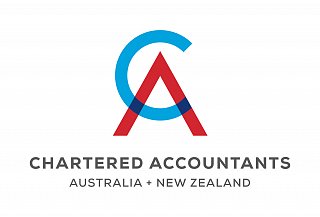Blogs

A Commonly Forgotten Tax Deduction - 9th May 2019
One generally forgotten tax
deduction is for subscription or membership fees, which affects many of us as
professionals, business or trades people will be members of an
association. The tax law allows a deduction for membership of a trade, business or
professional association, and there is no requirement that the taxpayer gain
income from that membership (so the deduction is still available into
retirement).
However, the down side is that
the deduction is limited to only $42. It has been that amount for decades
and it is not adjusted for inflation. If the taxpayer was a member of two
associations each costing $50, the deduction would be limited to $84.
However, in the situation where
the taxpayer is in receipt of a salary or contractor fees, then the entire
amount of the subscription can be claimed as a deduction in their tax return.
In most cases the membership of a
trade union or professional association relevant to workers in a particular
occupation would qualify for deduction under this section of the regulations.
A taxpayer could also qualify for
either deduction for different subscriptions. For example, a person who is
qualified as an engineer but who also works as an accountant for an engineering
firm might claim a $42 deduction for the membership of an engineer’s
association, and claim a full
deduction for membership of an accounting body.
Sometimes, in addition to
periodic subscriptions, associations may charge members joining fees, special
levies and other contributions, such as a special fund for a special purposes
(for example, an industrial action fighting fund). The deductibility for those
fees depends on whether there is a clear and necessary connection between the
activities by which the assessable income is derived and the purpose for which
the fees are made.
A joining fee is generally a
once-and-for-all payment which provides the new member with the enduring
benefit of membership of the association. Its purpose is to cover the
additional administration expenses associated with inducting a new member or to
contribute towards the infrastructure costs met by past members. The deduction
for this is still limited to $42.
On the other hand, the payment of
a special levy or contribution is an allowable deduction if the purpose is
clearly linked to the activities by which the assessable income is derived. For
example, a special levy or contribution workers may have paid to their union
for pay negotiations qualifies for a tax deduction. However, if the levies and
contributions are used to assist a political party or families of employees
suffering financial difficulties as a result of strike action, these payments
are not deductible.
AV Chartered Accountants - Committed to Your Business Success
Two convenient locations:












